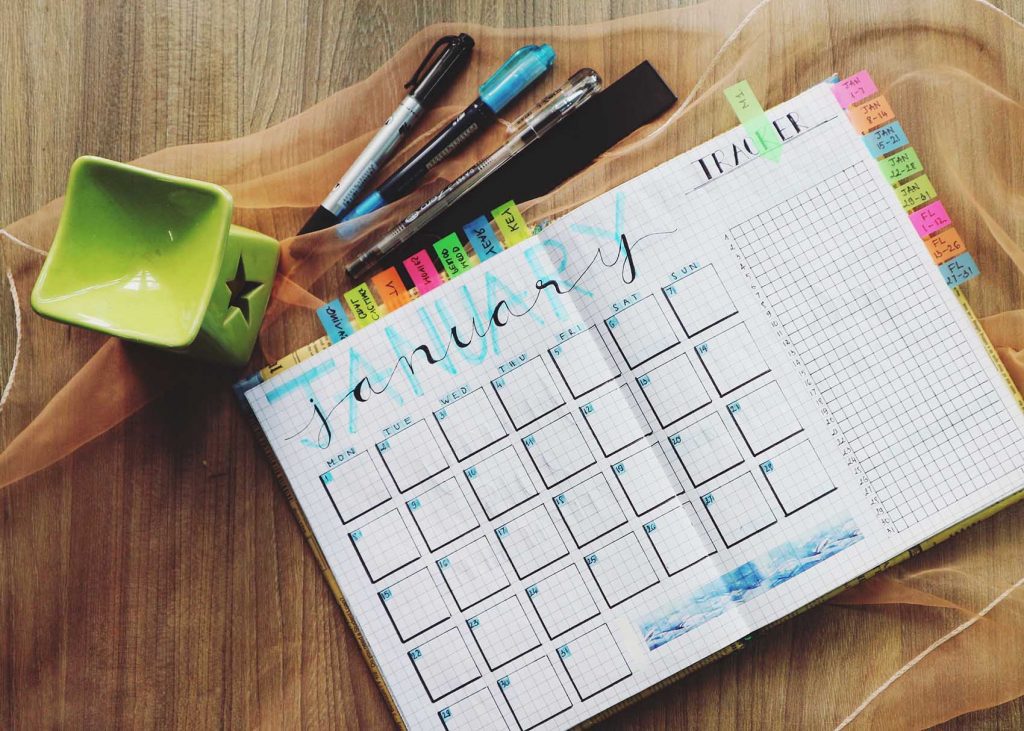Financial security is something that most of us strive towards, and for good reason. It’s not just about what’s in your bank account – your financial health affects your day-to-day life. Feeling secure in your finances will allow you to build success, whereas financial vulnerability can be incredibly stressful and detrimental to the physical and mental health of you and your family.
Unfortunately, the Financial Health Network has stated that less than one-third of Americans are considered financially healthy and that there are disparities based on income, age, gender, and race. We’d like to see these statistics change for the better! There are many factors at play here, but there are choices that you can make to strengthen your financial situation. With that in mind, here are five key ways you can work to improve your financial health.
1. Understand your financial situation.

If you’re already aware of your finances and you have a budget, you may be able to skip this step and move on to the next. However, many people don’t pay adequate attention to how much money is going in and out of their bank accounts. This makes it difficult for them to make goals for improving their financial status.
Do you know how much you spend on food? Are you currently in credit card debt? Do you know how much you are saving for retirement? Looking into your finances can feel uncomfortable at first, but it will build the foundation for healthy finances in the future.
2. Make a plan that works toward your goals.
Once you’ve looked at your finances, you should have a few ideas of where you can improve. This allows you to set goals. And, to meet your financial goals, you need a plan – you can’t just wait around for something to happen. You have to take matters into your own hands!
Everyone’s plan will be different. Your plan may be to learn how to invest your money, set aside money to buy a house, or spend less on eating out. Luckily, you don’t have to make a huge, complicated plan all at once. Don’t get in over your head… start small and build habits that you can improve upon in time!

3. Live on less than you make.
Sure, you could spend your whole paycheck each month. Many people do. But if you’re able to live on less and still have everything you need, then setting money aside is a smart idea that will help you build financial health.
Everyone needs an emergency fund. You should always make sure you are saving for emergencies before spending money on your “wants.” Your emergency fund should be limited to actual emergencies, such as sudden healthcare costs, car repairs, home repairs, or other urgent expenses. You’ll be less stressed and anxious when you know that there’s money set aside for a rainy day.
Once you have a healthy emergency fund set aside, you can start funneling more money toward other things, like paying off debt, investing in mutual funds, saving for your children’s education, or saving for retirement.
When it comes to retirement, there are many different options for saving. At the very least, you should be contributing to an employer-backed 401(k) or something similar. If your employer matches your contributions up to a certain percentage, you should contribute at least up to the matched percentage. It’s practically free money for your retirement!
While financial health is a large and complex topic, we hope this helped you understand the basics of improving your financial situation. Cheers to a healthier financial future!


